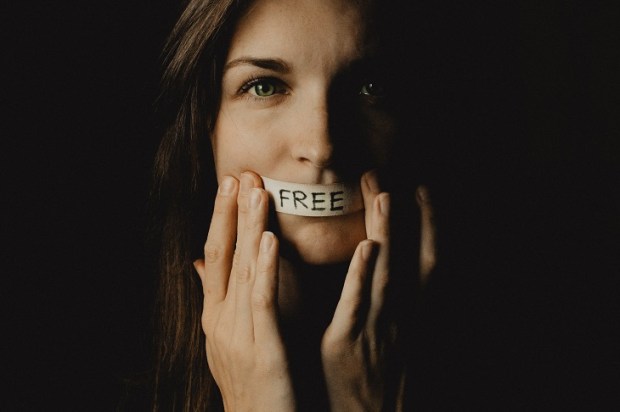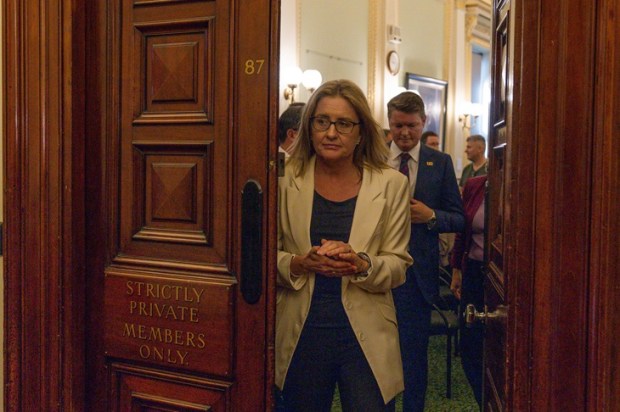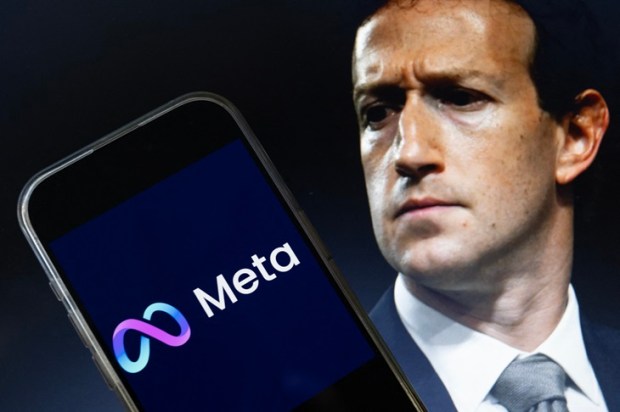The absurdity of a preacher being hauled before the Queensland Human Rights Commission for criticising Welcome to Country practices at a Christian political conference has rightly triggered outrage. Yet, proposed changes to the state’s anti-discrimination laws are about to make things a lot worse.
Dave Pellowe, director at Church and State ministries, is facing a complaint in the QHRC for allegedly vilifying an Indigenous man because of his race and religion. Currently, under Queensland’s Anti-Discrimination Act 1991, it is unlawful to engage in a public act, including speech, that would:
‘…incite hatred towards, serious contempt for, or severe ridicule of, a person or group of persons on the ground of the race, religion, sexuality, sex characteristics or gender identity of the person of members of the group.’
Based on what is known publicly about the complaint, Pellowe’s alleged crime is he pointedly refused to perform a Welcome to Country ceremony on the grounds it is rooted in spiritual beliefs outside of Christianity – namely, beliefs that imbue a spiritual significance to places, objects, and natural things. Pellowe further explained the spiritual significance of certain Indigenous practices, including smoking ceremonies and reverence for sacred sites.
In a public video defending his comments, Pellowe was asked by an audience member if he was afraid he may have offended his Indigenous brothers and sisters. ‘Of course not,’ Pellowe responded, going on to say:
‘I love my Aboriginal brothers and sisters… I hate lies, and I hate mixing false religion with true religion.’
Pellowe’s frank and impassioned articulation of a mainstream monotheistic belief, that there is only one true religion and that it should not be mixed with other religious practices, is being alleged to have incited ‘hatred, serious contempt, or severe ridicule’ against the complainant on the basis of their race and religion.
Both freedom of speech and religious freedom are being undermined. Pellowe is not simply being pursued legally for what he said, but also his fervent and uncompromising belief that caused him to say it in the first place. The absurdity of Queensland’s anti-discrimination law means that the secular state, through the QHRC, will now step in to adjudicate a religious dispute. If the dispute is not resolved at conciliation, it will proceed to the Queensland Civil and Administrative Tribunal, and if not there, the Queensland Supreme Court. As Pellowe will find, the process will be the punishment.
While the standard for vilification is already demonstrably low, the Respect at Work and Other Matters Amendment Bill 2024 will render Queenslanders even more vulnerable to litigation by further lowering the standard of unlawful conduct, including speech considered to be vilification.
The Bill would aim to do this by prohibiting conduct that ‘a reasonable person’ could consider to be ‘hateful’, a subjective term not defined in the bill. Undoubtedly, this allows for exploitation by activists, who will rely on the legal murkiness to shut down Queenslanders seeking simply to express genuinely held beliefs.
The Bill also fails a fundamental requirement of the rule of law, specifically, that those subject to the law must be capable of understanding their legal obligations under it. In the absence of clear definitions and guidelines as to how it will be enforced, Queenslanders will be left in the dark, forced to guess what might be considered ‘hateful’.
Queenslanders hoping the inquiry into the Bill conducted by the State Parliament’s Community Safety and Legal Affairs Committee would draw attention to its egregious violation of the rule of law, or at the very least put the brakes on its passage, would be bitterly disappointed.
While acknowledging the Bill would limit freedom of expression, the Committee found it to be ‘reasonable and justified in the circumstances’. Inexplicably, committee members echoed the opinion of the Department of Justice and Attorney-General that the threshold for vilification in the Bill was ‘high’.
How the Committee found an ill-defined legal requirement as nebulous as ‘hateful’ to constitute a high threshold defies logic. The Committee further attempted to gaslight Queenslanders by noting that the provisions ‘do not prevent the holding of an opinion, nor rigorous public discussion and debate of ideas and issues’.
In the lead-up to the October state election, Queenslanders will be living on a prayer that the next state government will take their right to free expression seriously and abandon legislation which gives activists a sword to silence debate.
Margaret Chambers if a Research Fellow at the Institute of Public Affairs

























